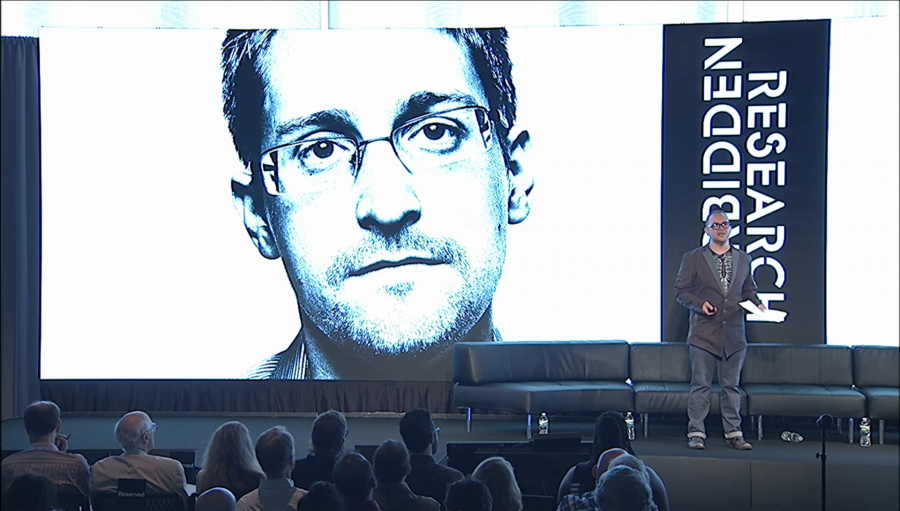One year ago I came to Davos and told you that our house is on fire. I said I wanted you to panic. I’ve been warned that telling people to panic about the climate crisis is a very dangerous thing to do. But don’t worry, it’s fine. Trust me, I’ve done this before and I can assure you it doesn’t lead to anything.
Archive (Page 2 of 3)
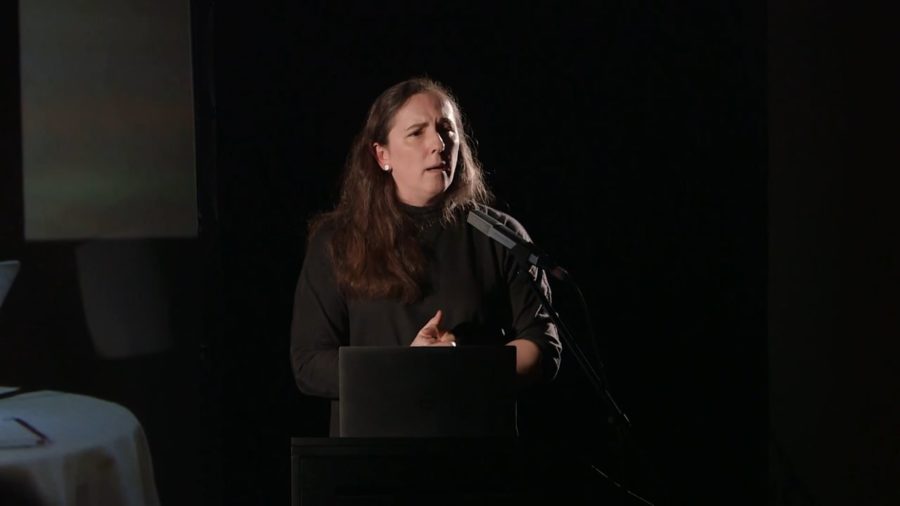
We have now in twenty years moved half the world’s population, give or take, to one city. And we all live in one city. And we keep walking out into the street and getting pasted by trams. And we don’t even understand what the trams are. We not only do not know how to live together online, we don’t even really understand that it’s a problem.
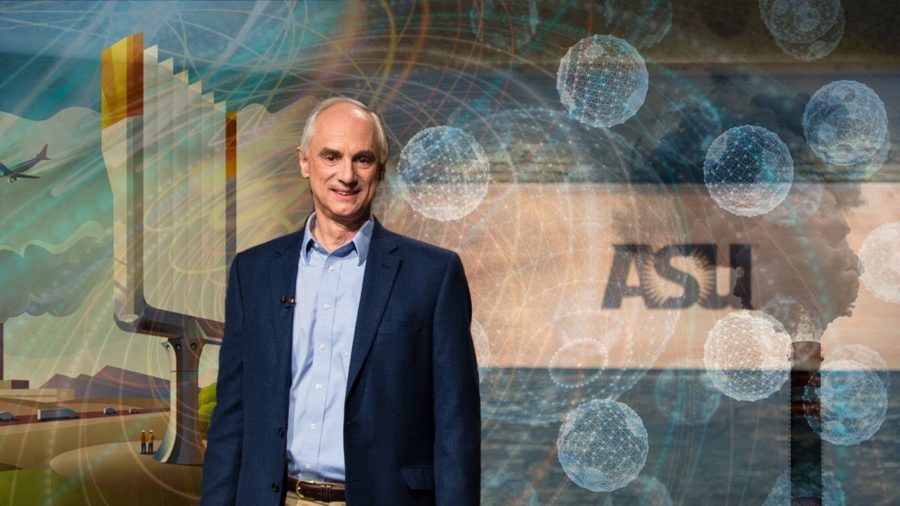
For this theoretical physicist here it seemed actually very simple. It’s a conservation law. If you take carbon out of the ground and you put it into the system it will stay there unless you take it back out. From a societal perspective, this is much much more complicated because as we fix it there will be winners and losers.
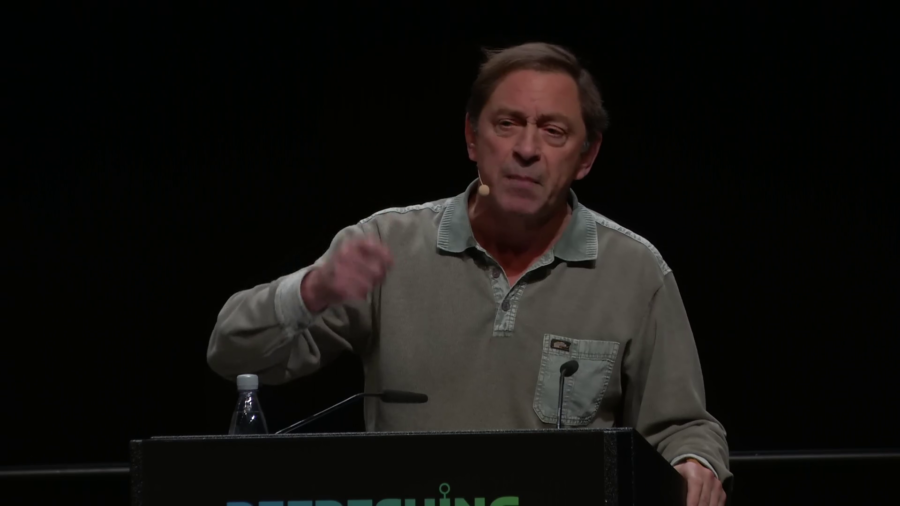
In a book that I wrote in 2011, on page one I said that unless the insecurities, and the fears, and the aspirations of the precariat were addressed as a matter of urgency, we would see the emergence of a political monster. You will not be surprised that in November 2016 I received a lot of emails from around the world from people who said, “The monster has arrived.”
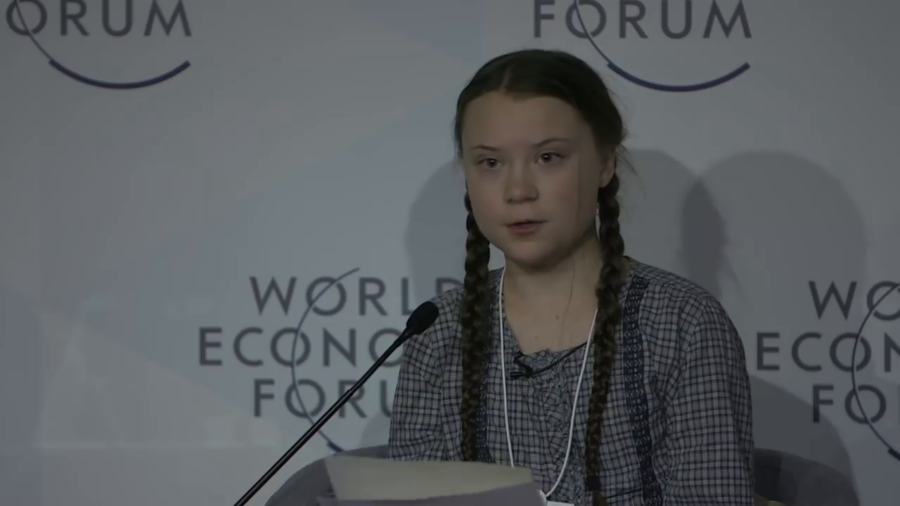
At places like Davos, people like to tell success stories. But their financial success has come with an unthinkable price tag. And on climate change, we have to acknowledge that we have failed. All political movements in their present form have done so, and the media has failed to create broad public awareness. But Homo sapiens have not yet failed.
As a person who’s been criminalized and arrested for the sole act of being poor in the US, it’s probably something I’m always walking with, speaking on, and trying to effectively change just by…in some ways not so much raising awareness, which seems very passive to be, but more about sparking people’s understanding and change.
What I’ve seen as a founder of MoveOn is that we’ve become increasingly polarized. And in fact we have gotten to the point where we have separate…realities? when it comes to a whole raft of facts. And so how can we possibly make good decisions together when we don’t even share basic facts? You first have to have a relationship, and you have to have shared values.
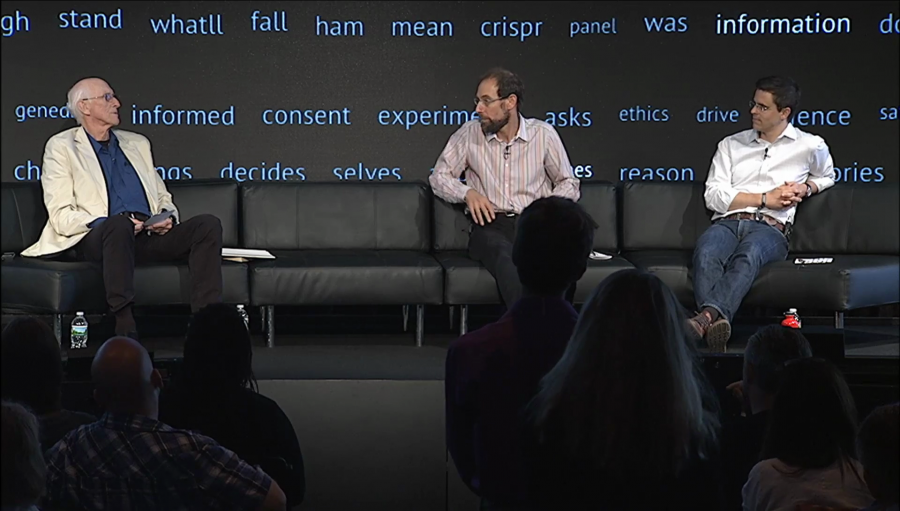
Solar geoengineering rests on a simple idea that it is technically possible to make the Earth a little more reflective so that it absorbs a little less sunlight, which would partly counteract some of the risks that come from accumulating carbon dioxide in the atmosphere. When I say technically possible, it appears that at least doing this in a crude way is actually easy, in the sense that it could be done with commercial off-the-shelf technologies now, and it could be done at a cost that is really trivial, sort of a part in a thousand or a part in ten thousand of global GDP.
There are biologists who’ve spent their careers working on some species of beetle in the tropical rainforest, and they just love the rainforest in their bones And they feel that when they go testify in Congress to some committee, that they can’t just say, “I love it in my bones and you guys will love it too, if you share it with me.” They have to say, “Oh, we’ve done all this math and computed that there’s an ecosystem service here.” And I think that that has really impoverished our debate about environmental issues.


